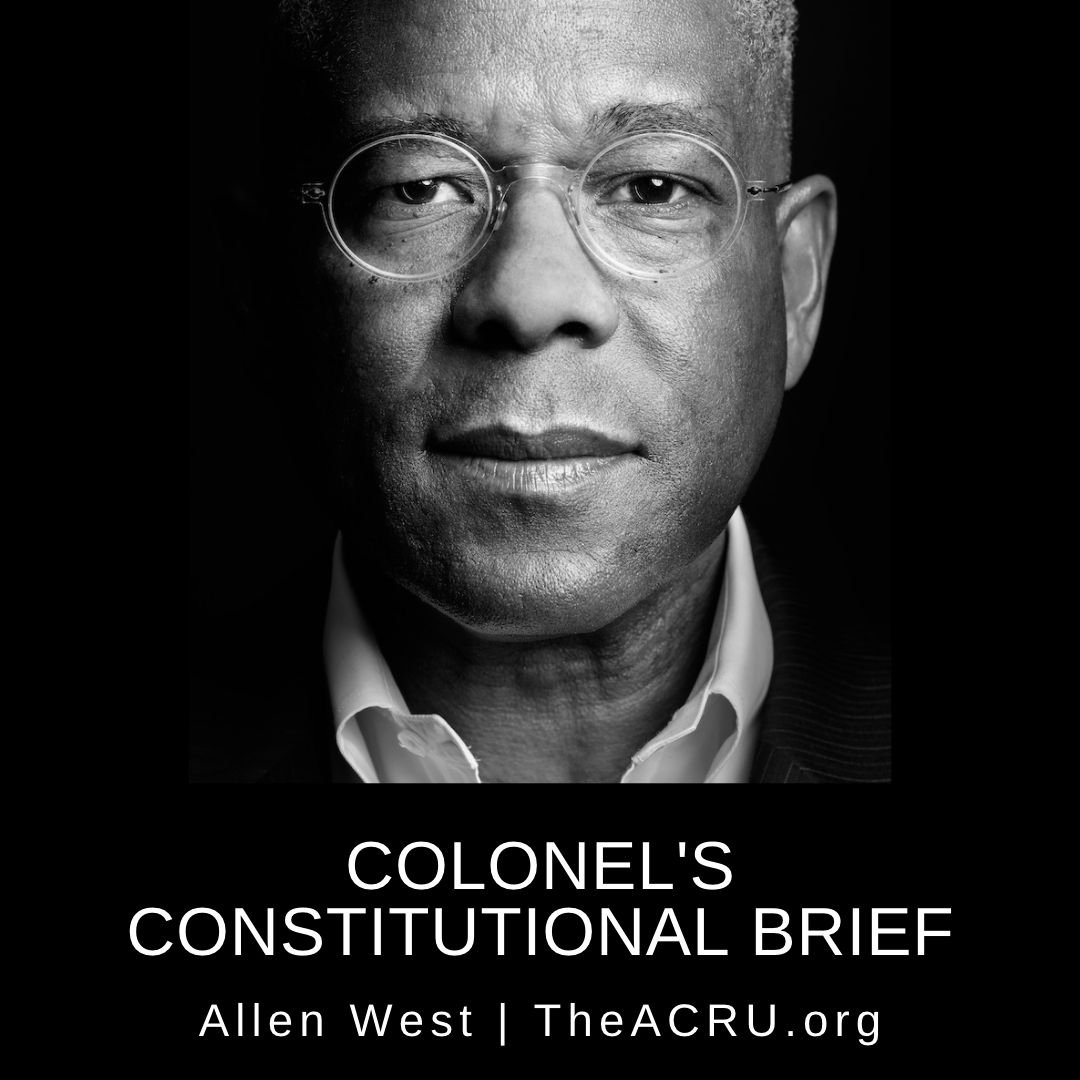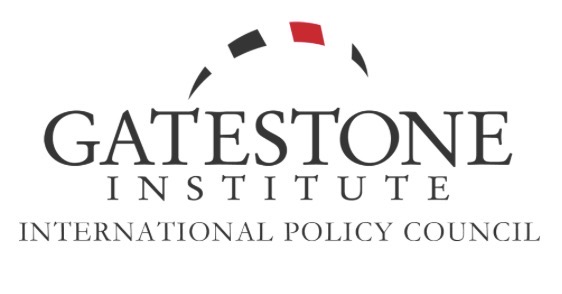GA Secretary of State Must Address Documented Issues Raised by the Halderman Report
A shocking detailed report recently exposed that the software used in Georgia’s voting machines is not up to date and hasn’t been for years, which raises serious security concerns about the ability to protect voters.










